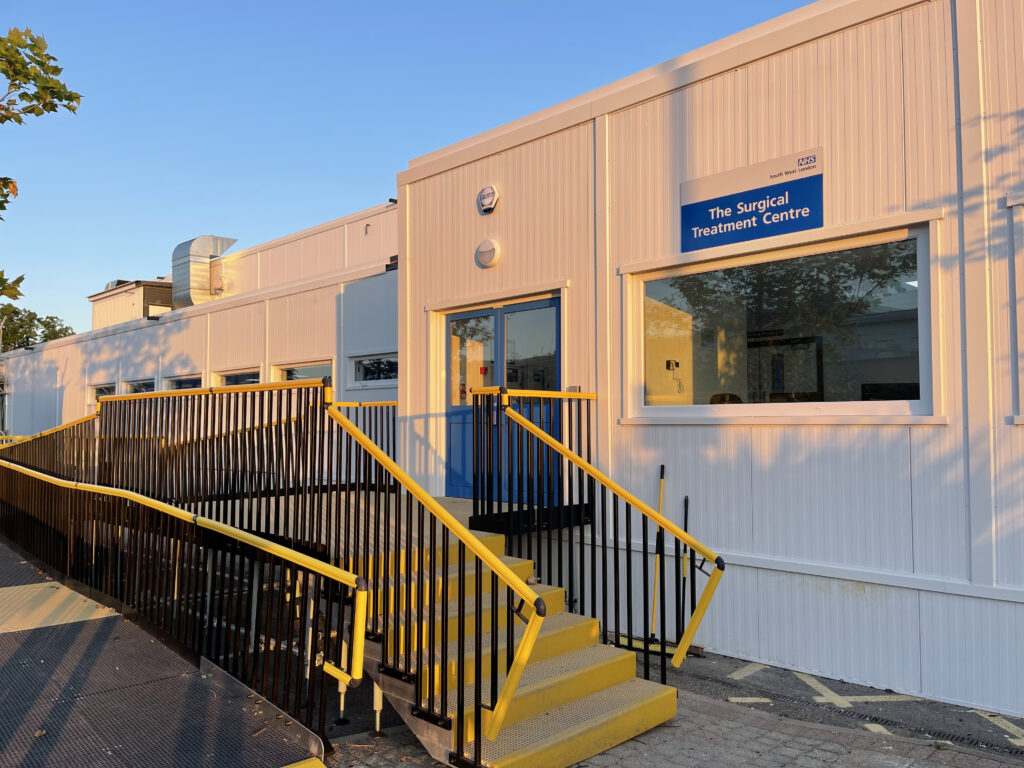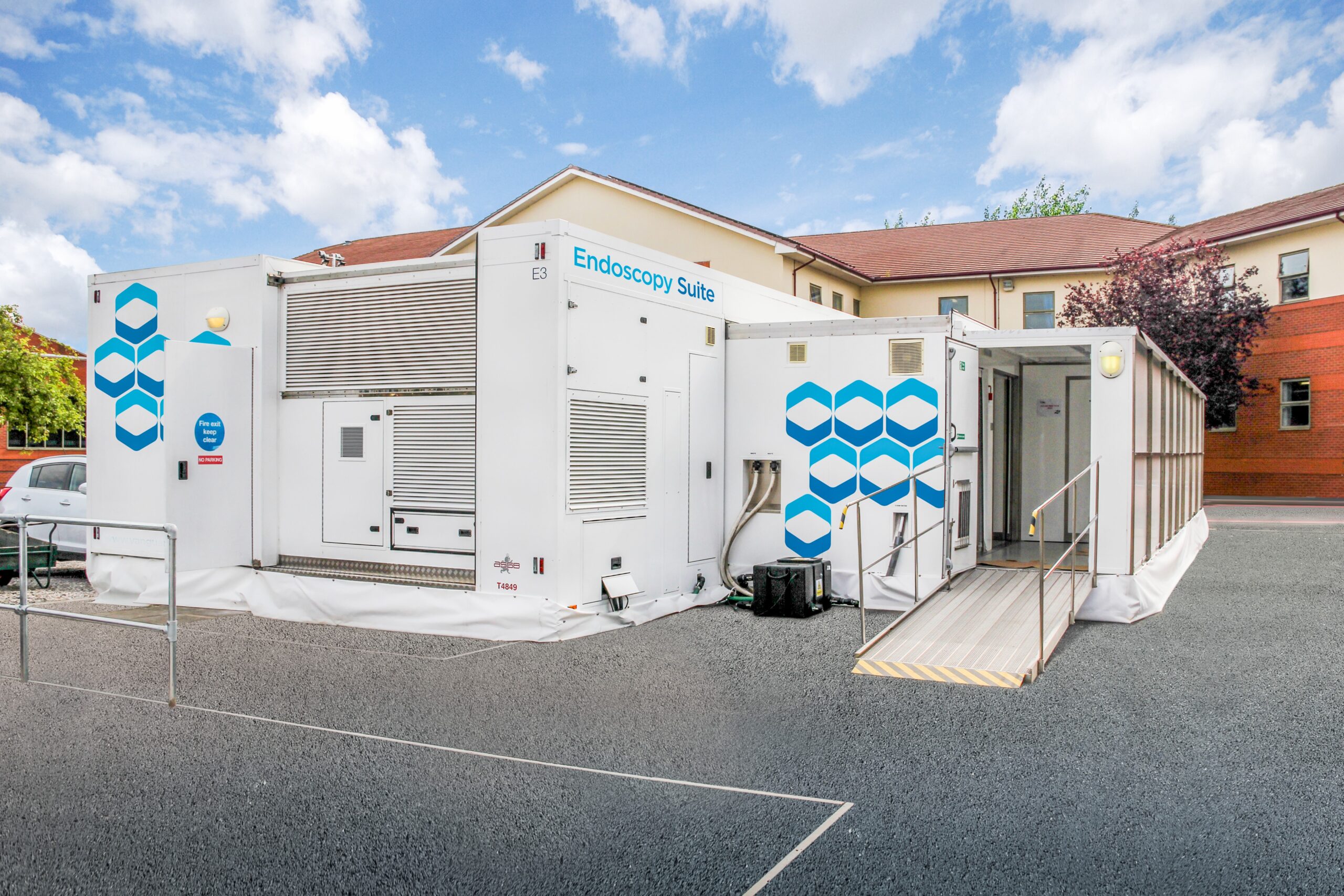It looks like you are in the United States
We have a different site (www.q-bital.com) which better suits your location
It goes without saying that recent years have caused a significant strain on staff working within all areas of the NHS and healthcare systems, with increased pressure on those working within estates and facilities (E&F) to adapt to the challenges that arose.
Indeed, the recent pandemic created a need for more flexible clinical space within hospitals thanks to a heightened focus on infection control and the growing elective care backlog. The first National Healthcare Estates and Facilities day is being held on 15th June 2022 to recognise and celebrate the tremendous efforts of all estates and facilities staff and their role in the critical provision of essential services.
Alongside the mounting elective care backlog that reached a record-breaking £6.2 million in April 2022, the NHS has been faced with another pressing issue over recent years, the deterioration of the current estate. Indeed, recent reports have demonstrated that much of the NHS estate is in a state of disrepair and in need of refurbishment, creating a further challenge for estates staff to adapt and reconfigure space whilst also maintaining optimum capacity. E&F professionals are responsible for the maintenance and management of an estate footprint of over 24 million square metres across NHS Trusts in England, however it is estimated that around 1.5 million square metres of this space is un-utilised as a result of outdated and hazardous infrastructure. Furthermore, Robert Naylor stated in a 2017 report that without significant investment, ‘the NHS estate will remain unfit for purpose and will continue to deteriorate’, highlighting the true extent of the challenge faced by NHS Trusts and Health Boards across the UK. Following surges in capacity demands over recent years, E&F staff have been forced to adapt and source additional solutions in order to optimise patient care.
 The aforementioned planned care backlog will affect the NHS for years to come and this, combined with a heightened focus on infection control and an outdated NHS estate, has created a colossal challenge for E&F staff as they prepare for ‘the new normal’. Efforts to address this have included the introduction of standalone facilities, such as the surgical hubs installed at both Queen Mary’s Hospital in Roehampton and Prince Phillip Hospital in Llaneli, to rapidly increase capacity. Modern Methods of Construction (MMC) solutions are not new, however they have become increasingly relevant to addressing urgent capacity issues thanks to their flexible nature, allowing them to be reconfigured over time to address the current needs of the healthcare provider, an aspect that is not so possible within the existing NHS estate.
The aforementioned planned care backlog will affect the NHS for years to come and this, combined with a heightened focus on infection control and an outdated NHS estate, has created a colossal challenge for E&F staff as they prepare for ‘the new normal’. Efforts to address this have included the introduction of standalone facilities, such as the surgical hubs installed at both Queen Mary’s Hospital in Roehampton and Prince Phillip Hospital in Llaneli, to rapidly increase capacity. Modern Methods of Construction (MMC) solutions are not new, however they have become increasingly relevant to addressing urgent capacity issues thanks to their flexible nature, allowing them to be reconfigured over time to address the current needs of the healthcare provider, an aspect that is not so possible within the existing NHS estate.
The transformation of hospital estates has been no small task, particularly when faced with the challenges of a global pandemic and a need to maintain operational efficiency as much as possible. This national day of recognition is hoped to highlight the true extent of the work undertaken by E&F teams behind the scenes that allows front-facing staff to provide optimum levels of care.



Vanguard Healthcare Solutions
Unit 1144 Regent Court, The Square, Gloucester Business Park, Gloucester, GL3 4AD

We have a different site (www.q-bital.com) which better suits your location